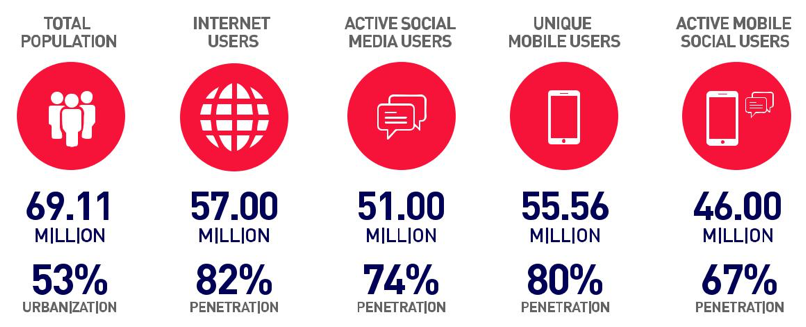
UKM SUKSES Event Recap 2025
UOB FinLab Indonesia held a series of its UKM SUKSES programmes, benefitting various Indonesian founders. The programme covered various topics such as smart tax strategies, health talks, business solutions, and financial foundations for startups alongside speakers who are experts in their field.






